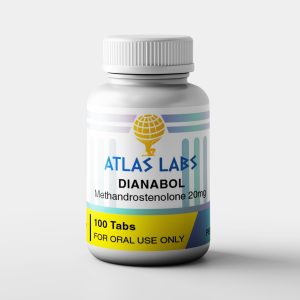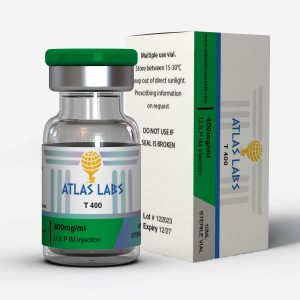“Roid,” short for steroid, refers here specifically to anabolic-androgenic steroids. These differ significantly from corticosteroids like prednisone, which treat inflammation and immune conditions. Roid rage manifests as outbursts of anger or aggression that occur without provocation. Studies comparing steroid users with non-users have consistently shown heightened irritability, verbal arguments, and even violence.
Steroid Use and Aggression: A Complex Relationship
Not everyone who takes anabolic steroids becomes aggressive. In fact, some users experience no noticeable mood changes at all. But for others, the effects can be severe—including:
- Intense anger
- Uncontrolled verbal outbursts
- Physical aggression toward significant others
This variability isn’t surprising. A few factors can intensify behavioral responses:
- Personality traits common in users
- Concurrent use of alcohol or other drugs
- Preexisting mental health conditions
These factors, combined with steroid use, may amplify the likelihood of aggressive behavior.
Beyond Rage: Other Psychiatric Symptoms
Steroid use doesn’t just influence aggression but it can trigger a host of mental health issues, including:
- Anxiety and depression
- Manic or hypomanic episodes
- Psychosis (delusional thoughts)
- Impulse-control problems
- Sleep disturbances
- Shifts in sexual desire
- Cognitive challenges like memory lapses and difficulty planning
While symptoms often ease after stopping steroids, some individuals experience lingering psychiatric effects—or even develop personality disorders tied to their usage.
Which Steroids Are Most Associated with Roid Rage?
Only anabolic-androgenic steroids, not corticosteroids, are linked to roid rage. These synthetic hormones mimic testosterone, operating at doses 5 to 100 times higher than what the body naturally produces. Users administer them in various forms: pills, injections, gels, creams, and implanted pellets.
Some studies indicate that higher dosages might increase the risk of aggression—but evidence remains mixed, likely due to personality and lifestyle factors that complicate causality.
What Roid Rage Looks Like
Accounts of roid rage vary dramatically—from sudden irritability and mood swings to full-blown violence. Carrie Allen, PharmD, describes it as unpredictable, akin to someone with a severe anger-management issue: “You don’t know exactly when or how a change in behavior is going to happen, but you know you wish you were anywhere else but near them when it occurs.”
Help and Safety Measures
If someone in your life struggles with roid rage, avoid confrontation during angry episodes. Conditions can shift rapidly (laughing, crying, then lashing out may occur in minutes). Your priority should be personal safety and, if needed, involving emergency services.
If their behavior escalates, encourage them to see a mental-health professional. And don’t hesitate to seek support for yourself, it’s taxing living with unpredictable aggression.
Final Takeaway
Anabolic steroids carry significant psychiatric risks. Roid rage may not strike every user, but when it does, the consequences can be serious. Professional intervention is essential for anyone experiencing aggression, mood swings, or other psychological symptoms tied to steroid use. Mental-health specialists can guide recovery, help end steroid use, and treat associated psychiatric issues.
The information provided in this article is intended for educational and research purposes only. It does not constitute medical advice or a recommendation to use any substances discussed. Always consult with a licensed medical professional before beginning any supplement, peptide, or anabolic steroid protocol.
If you’re interested in exploring high-quality research compounds, you can browse our shop here.

